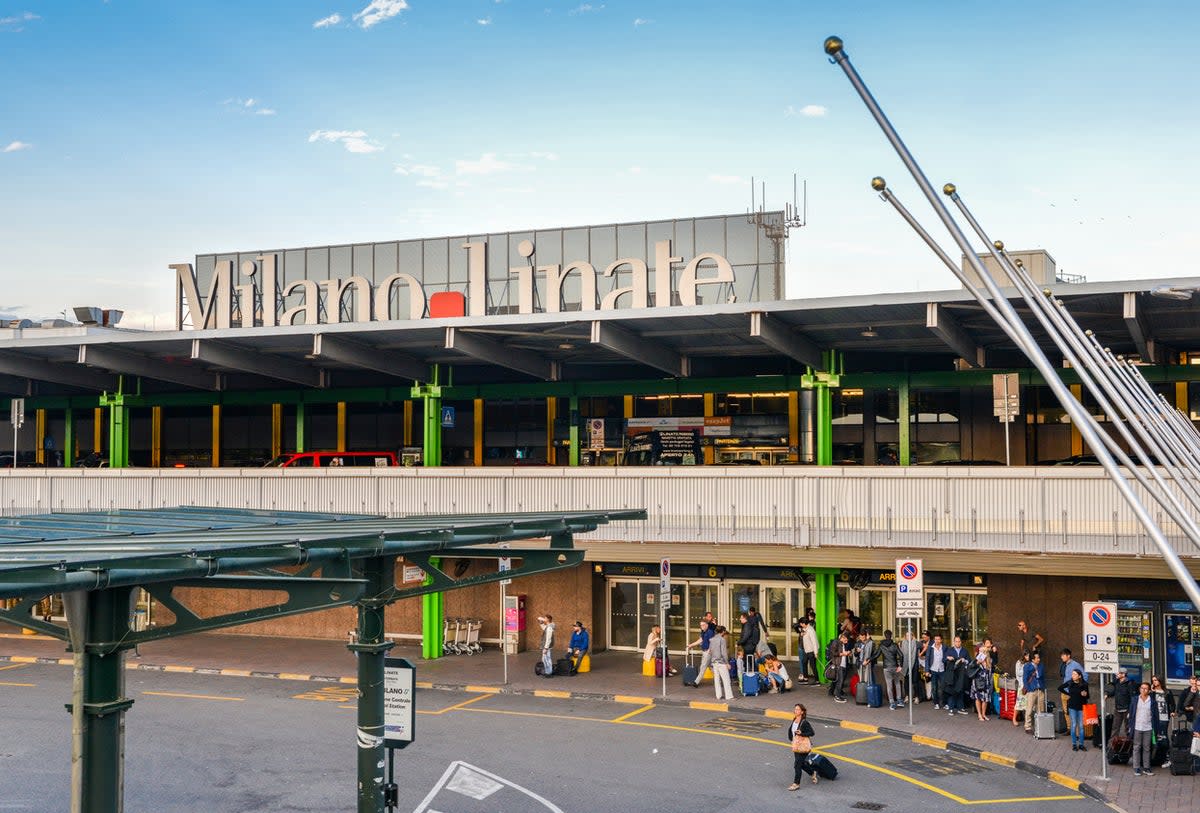Passport-free ‘FaceBoarding’ trial at airports could mean major changes for how you travel

Two Italian airports are now trialling ‘FaceBoarding’ at their security checkpoints– facial recognition technology that allows travellers to breeze through the airport without showing their passport or boarding pass.
At Milan Linate Airport and Catania Airport, passengers who are over 18 years old can now board a flight without getting out their travel documents.
To use the service, passengers must first check-in and then register at FaceBoarding desks by scanning their passport or electronic ID card and matching it to a facial scan.
ITA Airways and Scandinavian Airlines passengers are among the first to trial the facial recognition systems to verify their identity while travelling. At some airports, designated lanes for FaceBoarding users means they will have priority at security screening and the boarding gates.
As it stands, travellers on other airlines will have to show their travel documents again before they board the aircraft.
After you have registered at the desk once, from June the FaceBoarding app will allow users to attach the boarding passes of future flights to their scanned identity documents.
The trial is set to last until 31 December 2025 and frequent flyers can choose to register to use FaceBoarding for just one or all of their flights for the duration of the process.
However, don’t rush to ditch your travel documents, you will still need to carry identification – including your passport and boarding pass – through the airport to catch your flight.
Security checkpoints and gates can be accessed as usual by showing a passport and boarding pass by passengers who choose not to register for FaceBoarding.
The new biometric recognition software developed by Thales, a French IT company, and Swiss security group Dormakaba hopes to significantly cut security line wait times and reduce the need for border agents.
From 6 October 2024, biometric border checks will be standard across Europe as part of the EU’s new Entry/Exit System (EES), an automated IT system for registering non-EU travellers.
UK passengers, who do not require a visa to enter the EU, will need to submit fingerprints and facial biometrics before they “cross the external borders of European countries”.
Most European airports, apart from Cyprus and Ireland, and non-EU countries including Iceland, Lichtenstein, Norway and Switzerland in the Schengen Area, will apply the EES system.


